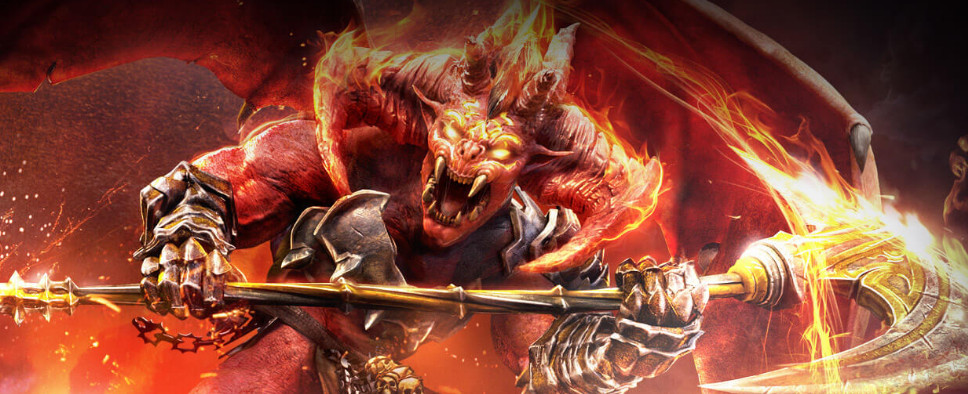Sword Coast Legends Review
-
Category: ReviewsHits: 18336

Article Index
Introduction
Sword Coast Legends is the debut role-playing game from n-Space, a Florida-based developer with ties to Baldur's Gate, Neverwinter Nights, and Dragon Age: Origins (including Dan Tudge, who was the executive producer of DAO). The game uses the Dungeons & Dragons fifth edition rules (or at least a variation on them), so anyone who has played any of the titles listed in this paragraph, or any of BioWare's games from the last twenty years, should feel right at home.
In the campaign that comes with Sword Coast Legends, you play a new recruit in a guild called the Order of the Burning Dawn. You're tasked with guarding a caravan traveling from Neverwinter to Luskan, but then bandits spring out and attack -- only they're not simple bandits; they're actually mercenaries bent on eradicating your guild. Between this attack and others, your guild leadership is gone (along with most of your guildmates), and that leaves it up to you to figure out what's going on and why, and of course to put a stop to it.
Along with the campaign, Sword Coast Legends also includes a toolkit that allows you to create your own modules (including interacting with the players as an actual Dungeon Master), much like Neverwinter Nights did previously. However, I did not spend any time with the toolkit. This review is for the campaign and engine only.
Characters
In order to play Sword Coast Legends, you have to create a character. You're given lots of options for this. There are five races (plus sub-races) to choose from, including human, elf, and dwarf. There are six classes, including cleric, fighter, rogue, and wizard. There are a dozen backgrounds (that give you a small passive bonus), including criminal, hermit, and spy. You also get to pick your gender, appearance, name, alignment, and patron deity, but surprisingly, all of these options are cosmetic. In one game I played a drow, and a drow-hating companion didn't notice. In another I played a paladin, and the game didn't care what my alignment was. But I suppose extra flavor is never a bad thing.
Characters are defined by their attributes and abilities. The attributes are the standard six: strength, dexterity, constitution, intelligence, wisdom, and charisma. You're allowed to spend points to set your attributes at the start of the game (where you're likely to end up with values in the 10-15 range), and then every four levels you receive two attribute points so you can advance them further. This system is a little too friendly to me. You can easily raise your primary attributes to 18 using points (18 is the point cap), and then raise them all the way to 30 using equipment (since all equipment bonuses stack). 30 is just wrong for a D&D game.
For abilities, characters get to choose from eight different trees depending on their class. For example, fighters get trees for dual-wielding, two-handed weapons, shields, archery and more. Characters also get a general tree where they can learn weapon and armor proficiencies. So nothing in the game prevents you from playing a heavy-armor, dual-wielding wizard if that's what you want. Characters start out with a handful of abilities already learned, and then they receive 3 ability points per level to learn more. The first rank of an ability costs the most (two or three points), but then ranks after that only cost one point. The ability trees work much better than the attributes, as characters can't learn even half of the abilities they have available, and so you have to make choices.
Along with your main character, you can also travel with up to three companions. There are eight companions available in the game, and since there are only six classes, it's easy to find three who complement how you want to play. Companions start out at your level when you meet them, but they don't earn any experience if they're not in your party. Luckily, the game employs a "magic walkie-talkie" system, so any companion you're not using can comment on what's going on, and you don't need to have a particular companion in your party at any time, even to do their side quest. Companions advance in exactly the same way as the main character.

